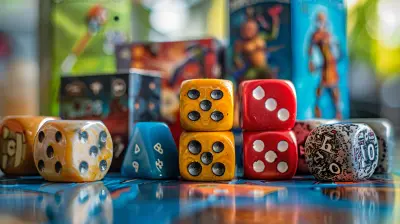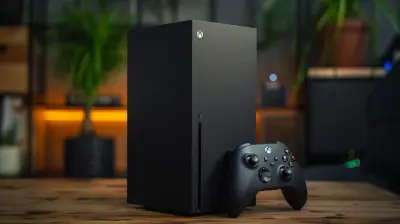How to Optimize Performance in Unity Game Projects
21 September 2025
If you’ve ever hit “Play” in Unity and watched your game chug along like it’s stuck in slow motion, you're not alone. Performance hiccups are every Unity developer’s nightmare. Whether you're building a small indie game or a massive open-world experience, performance optimization isn't just a nice-to-have. It’s a must.
So, how can you get smoother framerates, snappier gameplay, and happier players? Grab some coffee, because we’re going deep into exactly how to optimize performance in Unity game projects. And don’t worry—we’re not diving into rocket science. Just real-world, practical stuff you can start doing today.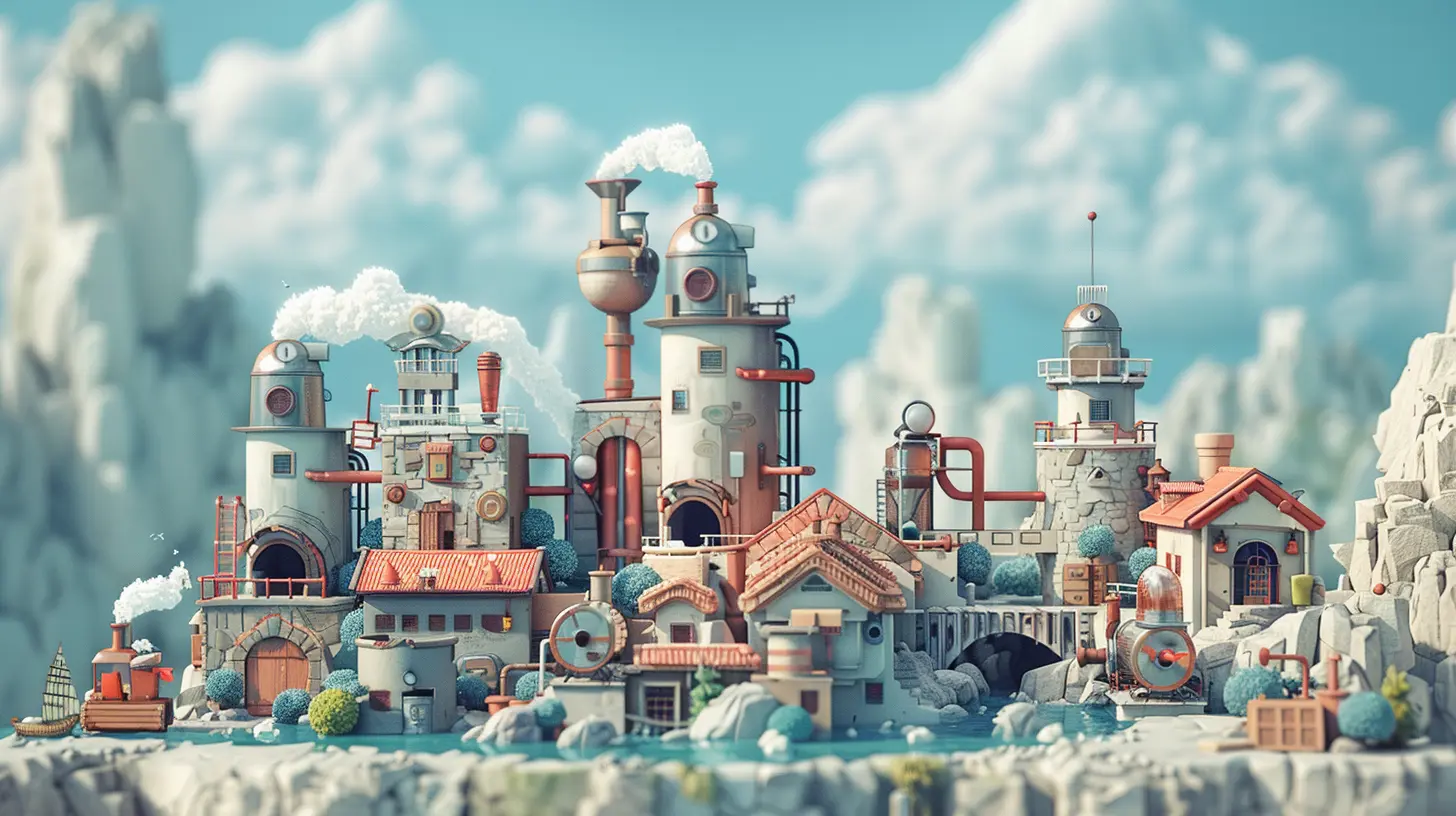
🎮 Why Performance Optimization Even Matters
Let’s be honest—players don’t care about your source code. They care about how your game feels. If it lags, stutters, or freezes, it doesn’t matter how beautiful the graphics are or how cool the boss battle is. They'll quit. Period.Optimization isn't about premature perfection—it's about ensuring your game runs well on target devices, whether that's a high-end PC, a mid-range Android phone, or a dusty old Xbox from 10 years ago.
Plus, good optimization = lower battery usage, fewer crashes, and better reviews. Who doesn’t want that?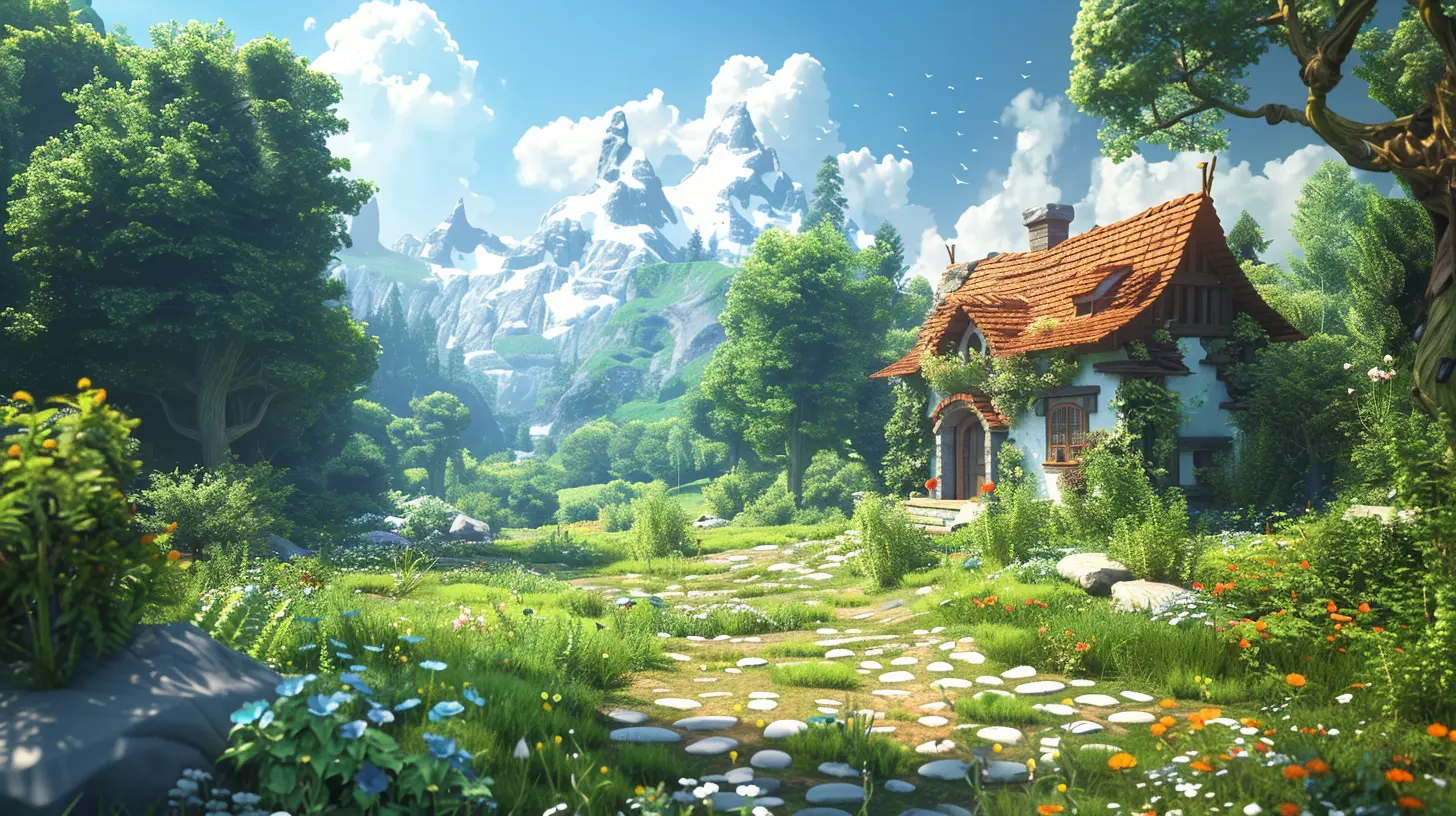
🚀 The Golden Rule: Profile Before You Optimize
You wouldn’t fix a car without looking under the hood, right? Same deal here.Before you start tweaking anything, open Unity’s built-in Profiler. The Profiler tells you what’s eating up CPU, GPU, memory, and rendering time. It’s your first stop on the performance train.
🧰 Tools You’ll Want To Use:
- Profiler (Window > Analysis > Profiler): Shows real-time performance metrics.- Frame Debugger (Window > Analysis > Frame Debugger): Breakdown of render calls per frame.
- Memory Profiler package: Helps identify memory leaks and garbage collection issues.
- Deep Profiling (turn it on for deep insights, but beware—it slows things down).
Once you know what’s slowing things down, fixing it becomes a LOT easier.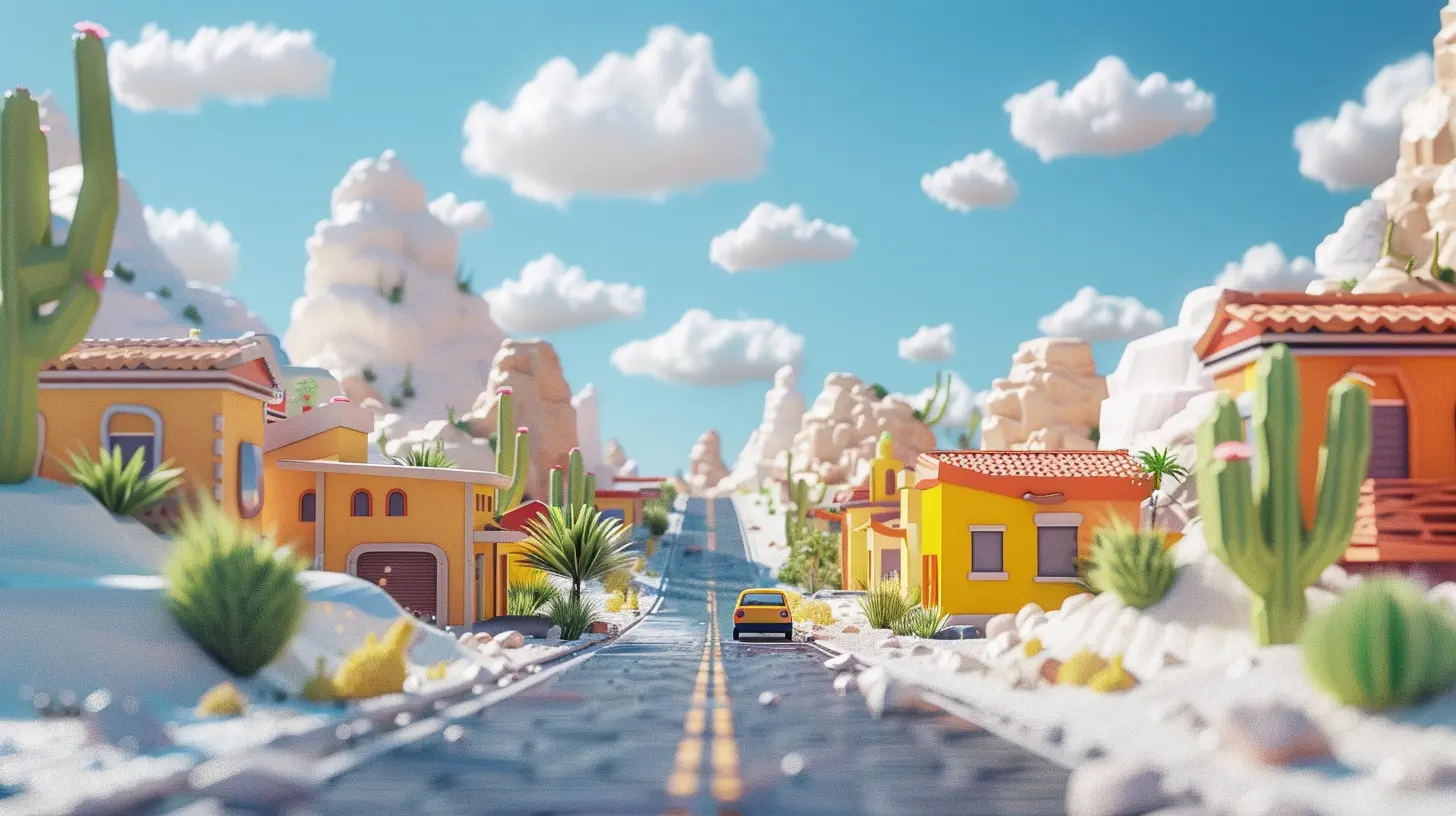
🖥️ Optimize Your Game Objects and Components
Think of every GameObject in your scene as a tiny worker. If you hire too many, even your virtual CPU can get overwhelmed. Here’s how you lighten the load:🪓 Cull Unnecessary Objects
If something isn’t visible or needed—hide it, disable it, destroy it, pool it! Unity’s rendering system doesn’t automatically ignore hidden objects unless you tell it to.Use:
- Object pooling for repeatable objects (like bullets or enemies).
- SetActive(false) to disable off-screen UI or unused elements.
🧩 Avoid Using Too Many MonoBehaviours
Every active MonoBehaviour that's running `Update()` is like a constantly ringing phone. Thousands of those? Yeah, good luck.- Use manager classes instead of multiple scripts with their own Update methods.
- Consider event-driven architecture where possible.
⚓ Static Batching and Dynamic Batching
Unity has a cool trick up its sleeve: batching.- Static batching: Combine static (non-moving) objects to reduce draw calls.
- Dynamic batching: Works for small moving objects, but it has overhead.
To use batching properly:
- Mark immovable GameObjects as Static in the Inspector.
- Keep materials consistent across objects for dynamic batching.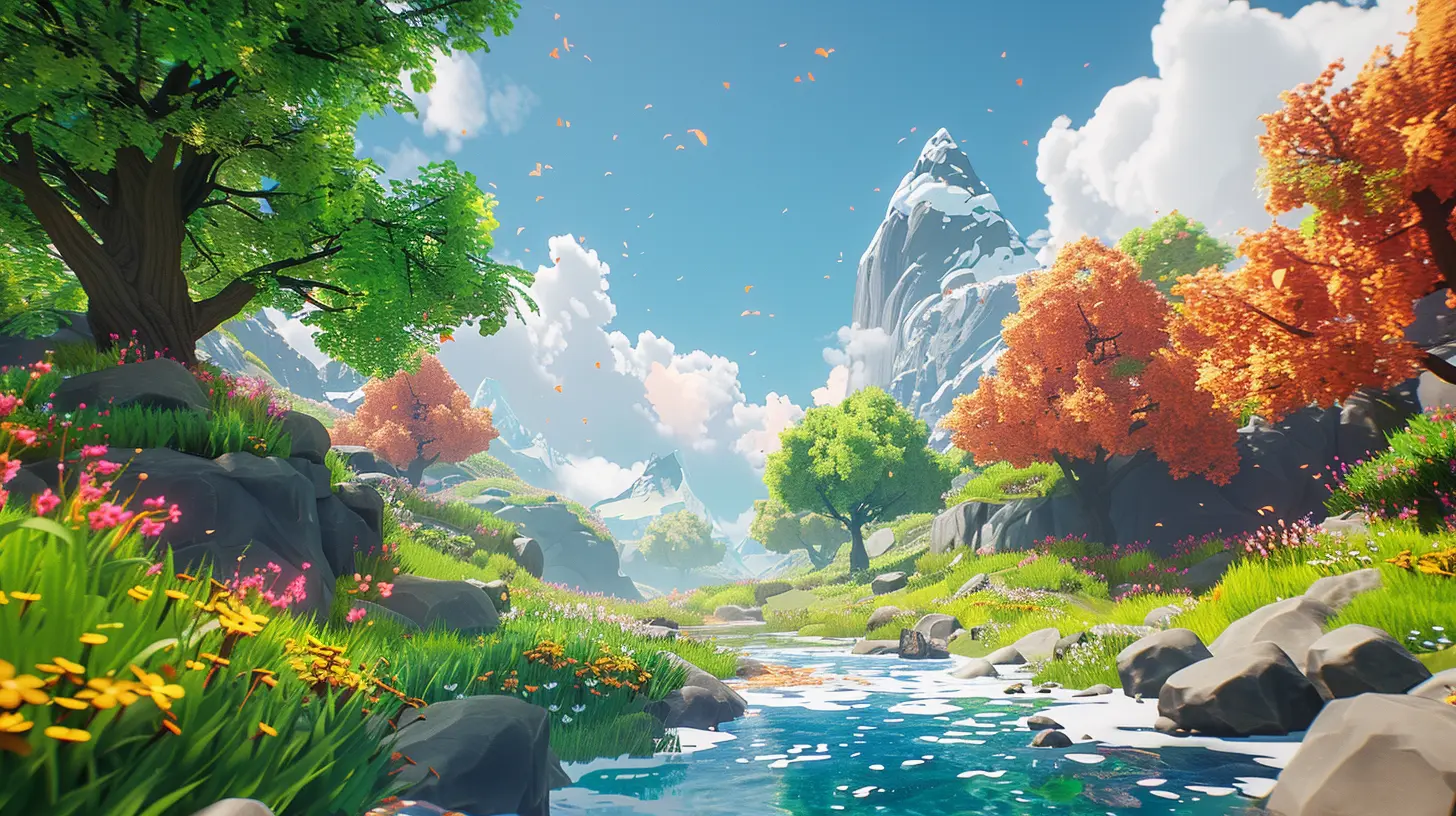
🪄 Boost Rendering Performance
Unity's rendering pipeline has evolved a lot, especially with URP (Universal Render Pipeline) and HDRP (High-Definition Render Pipeline). But even with the fanciest pipelines, you still need to follow some core principles.🎨 Use Efficient Shaders and Materials
Fancy shaders are like luxury cars—they look great, but they’re gas guzzlers.- Stick to simple shaders for mobile or low-end.
- Use Shader Graph to create optimized shaders visually.
- Combine textures using atlases to reduce material count.
📝 Reduce Overdraw
Overdraw happens when multiple transparent objects are layered on top of each other. It's like trying to paint a wall five times—the brushstrokes add up.- Avoid excessive transparency (UI elements are big culprits).
- Use solid, opaque shaders where possible.
- Reduce overlapping animations and particle effects.
📏 Level of Detail (LOD)
LODs are your scene’s version of wearing reading glasses. Distant objects get simpler, closer ones get detailed. It’s efficient and clever.- Use LOD Groups to set simpler models at a distance.
- You can even tweak transition distances manually for finesse.
🧠 Make Smarter Scripts
Yes, we love C#, but badly written scripts are like caffeine-addled interns—they do too much, too often.🎲 Don’t Abuse Update()
We mentioned this earlier, and it’s worth repeating. `Update()` isn’t free. Thousands of `Update()` calls every frame is a performance killer.- If something only happens every few seconds, use Coroutines or InvokeRepeating() instead.
- Group updates under a manager class when possible.
🧳 Cache References
Let’s say you’re accessing `GetComponentcsharp
// Bad
void Update() {
GetComponent().AddForce(Vector3.up);
}// Better
private Rigidbody rb;
void Start() {
rb = GetComponent();
}
void Update() {
rb.AddForce(Vector3.up);
}
🧹 Minimize Garbage Collection
Garbage Collection (GC) in Unity is like a street sweeper—it pauses your game briefly to clean up unused memory. Too much GC = frame hitches.- Avoid frequent string concatenation (use `StringBuilder`).
- Don't instantiate tons of short-lived objects—use pooling.
- Use structs instead of classes where possible for temporary data.
🌲 Optimize Your Scenes
Your lovely handcrafted levels might be full of secrets and treasure, but if they're not optimized, they’ll feel like slogging through molasses.🗺️ Use Occlusion Culling
Unity’s Occlusion Culling system stops rendering objects you can’t see (like behind walls). It's an easy win.- Bake occlusion data (Window > Rendering > Occlusion Culling).
- Works best for indoor or complex environments.
🗃️ Use Scene Streaming
Large open-worlds? Don’t load everything at once. Use Additive Scene Loading to load parts of your world dynamically.- SceneManager.LoadSceneAsync(..., LoadSceneMode.Additive)
- Combine this with LODs and occlusion for big gains.
🪵 Bake Lighting Whenever Possible
Real-time lighting is expensive! Baking it can save tons of performance.- Use Lightmapping for static environments.
- Choose between Baked, Mixed, and Realtime lighting based on needs.
📱 Target Device-Specific Tweaks
Making a mobile game? Or planning for a console port? Dive into the platform-specific setups.📱 Mobile Optimization
- Use low-res textures (1024x1024 or smaller).- Limit your use of real-time shadows and lights.
- Minimize physics calculations and AI.
- Cap framerate according to device capacity (30/60 FPS).
🕹️ Console and PC Optimization
- Use GPU occlusion queries for big scenes.- Use more complex LODs for high-end devices.
- Leverage multithreading with Unity Job System and Burst Compiler when needed.
💡 Bonus Tips & Best Practices
Sometimes it's the little things that make a big difference:- Enable V-Sync and Frame Capping: Prevents unnecessary over-rendering.
- Clean up unnecessary assets: Use Unity’s Addressable Asset System.
- Profile in Release Mode: Editor stats don’t reflect actual performance.
- Build Often: Don’t wait till the end—optimize throughout development.
🎯 Conclusion: Build Fast, Play Faster
Optimizing performance in Unity isn’t about making your game "perfect"—it’s about making it feel great. The truth is, there’s no one magic fix. It’s a bunch of small decisions that add up to a big impact.So keep profiling, tweaking, building smarter, and testing on actual devices. Your players might never notice the work behind the scenes… but they’ll feel it.
And that, my friend, is what makes a good game great.
all images in this post were generated using AI tools
Category:
Game EnginesAuthor:

Avril McDowney
Discussion
rate this article
1 comments
Julia Hamilton
Great tips! Optimizing performance in Unity is like tuning an engine—small adjustments lead to a smoother ride. Keep creating amazing games! You've got this! 🎮✨
September 24, 2025 at 3:27 PM

Avril McDowney
Thank you! I love the engine analogy—every small tweak makes a big difference. Happy game developing! 🎮✨

